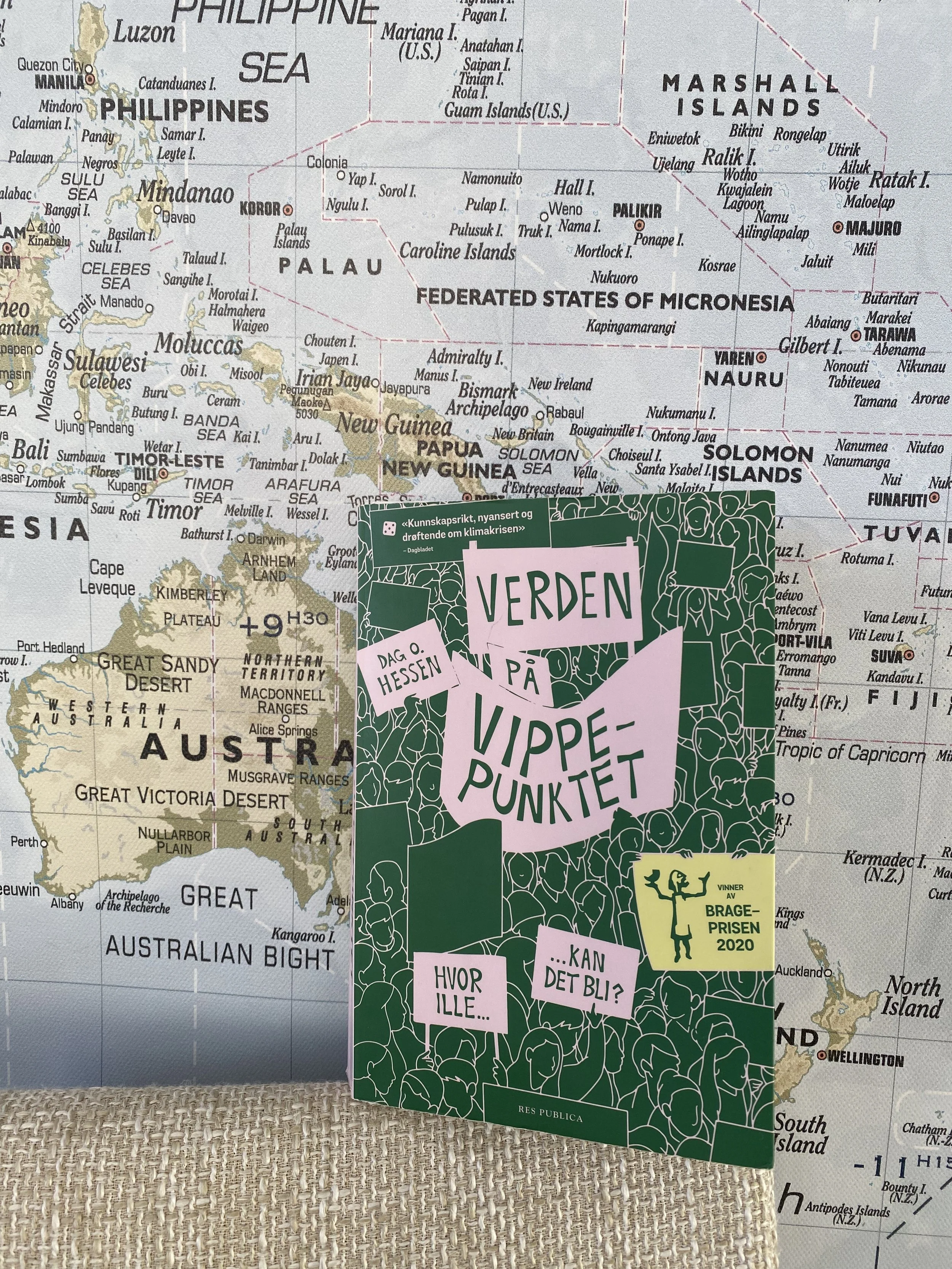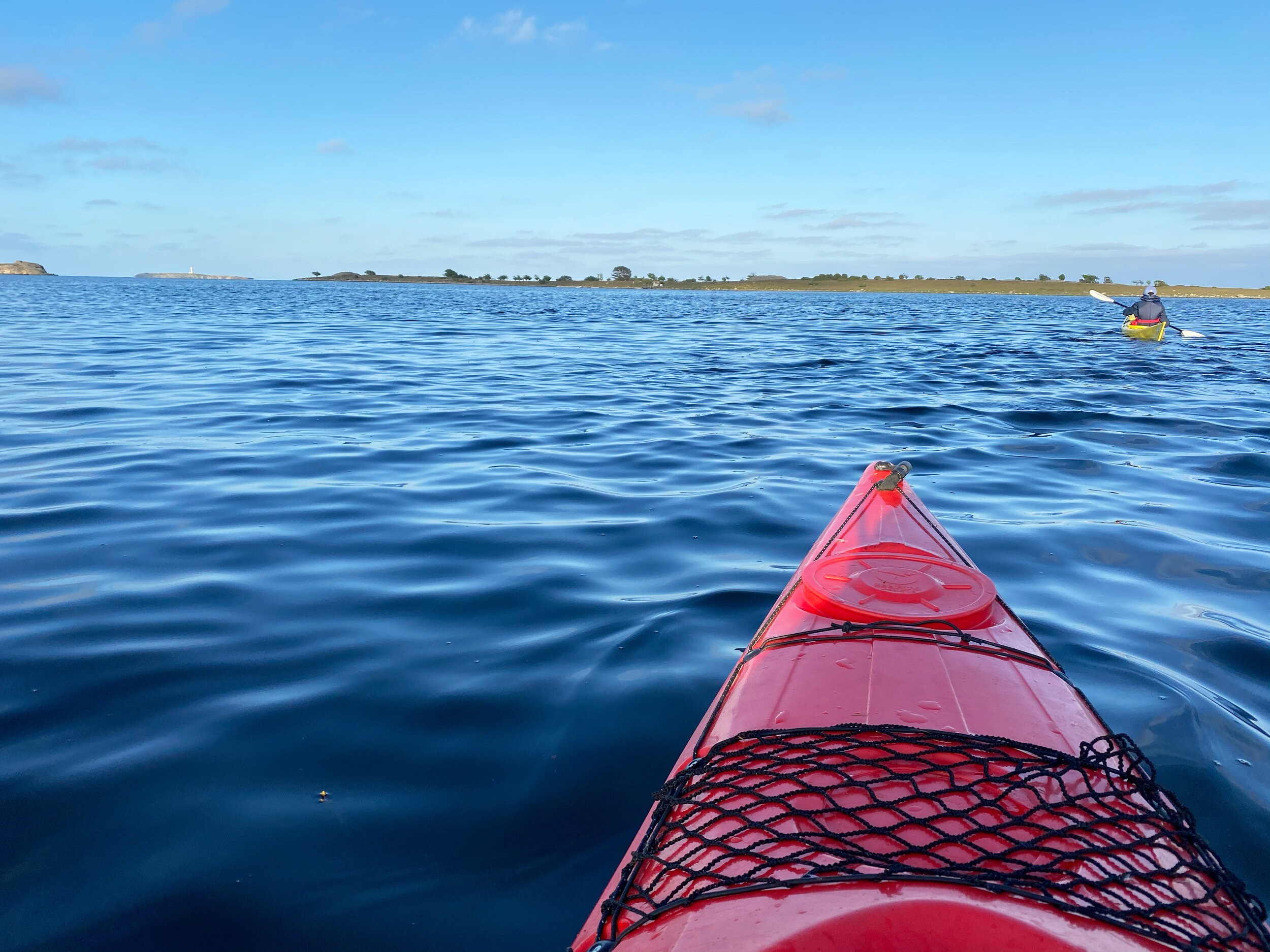Today I thought we could do a different kind of blog post, namely, where do you get your climate news? And why does this matter? One of the many reasons why I keep myself constantly updated and informed on what is happening, is because I actively seek news about the climate and environment. This is of course because I want to know what is going on.
My theory is when you limit the amount of work from information seeking to action, it is easier to get engaged. In practice for me, this means on social media to follow reliable sources that I know will provide me with relevant and updated climate and environmental information.
In reverse, if you only ever get the tiny snippet of these kinds of news headlines in relation to sensational stories, then I can understand that it is easy to become defeatist. By broadening your sources, you should gain a wider perspective on the same topic, which again enables you to join the climate debate, which is ultimately what I would want more people to do.
I think a lot of people fear having an opinion on climate/environmental related topics, because they feel it is too abstract/complicated/hard to grasp etc, which leads them to not participating.
My thought on this is that regardless of how far you've come in your 'environmental journey', you do have a right to voice your opinion.
If asked why should you care about the environment/climate, let me rephrase it; if you care about anything that is happening on planet Earth, you should care about the climate/environment, because it is the foundation for everything that happens next.
This week, there has been a ton of climate/environment related news stories, some uplifting, some more alarming:
- A 'mega-colony' of 1,5 million penguins has been discovered in Antarctica. Overfishing and climate change causes a great threat to this massive colony, which is why the area is now considered to become a sanctuary.
- The worlds first plastic free supermarked opened this week in Amsterdam, leading the way to show that a plastic free future is possible!
- ExxonMobil (US based oil company) is now pulling out its Arctic project with Rosneft (Russian oil company)
- Canada announced it will fund new protected land, oceans and wildlife, which is a historic investment in turning the tide of bad news!
- Arctic temperatures are at a record low this winter, which is frightening climate scientist.
- Germany let cities decide to ban diesel cars in order to better the air quality!
- The Norwegian Oil fund is still heavily invested (11 billions) in 'The black snake', Dakota Access Pipeline (DAPL). This is despite of the promise that the Oilfund should withdraw its assets. By keeping our investments there, we are allowing Trumps agenda to follow through.
As you can see from this selection, a lot is happening all the time, and by knowing it is happening it is easier to speak up and take action when and where it is possible.
If you want to see some of my climate/environmental sources, you can see that here.
My last news of this blog post is this video from the creators of Blue Planet 2, with the end message being that it is not too late, we can still make a positive change for the worlds natural environment.













